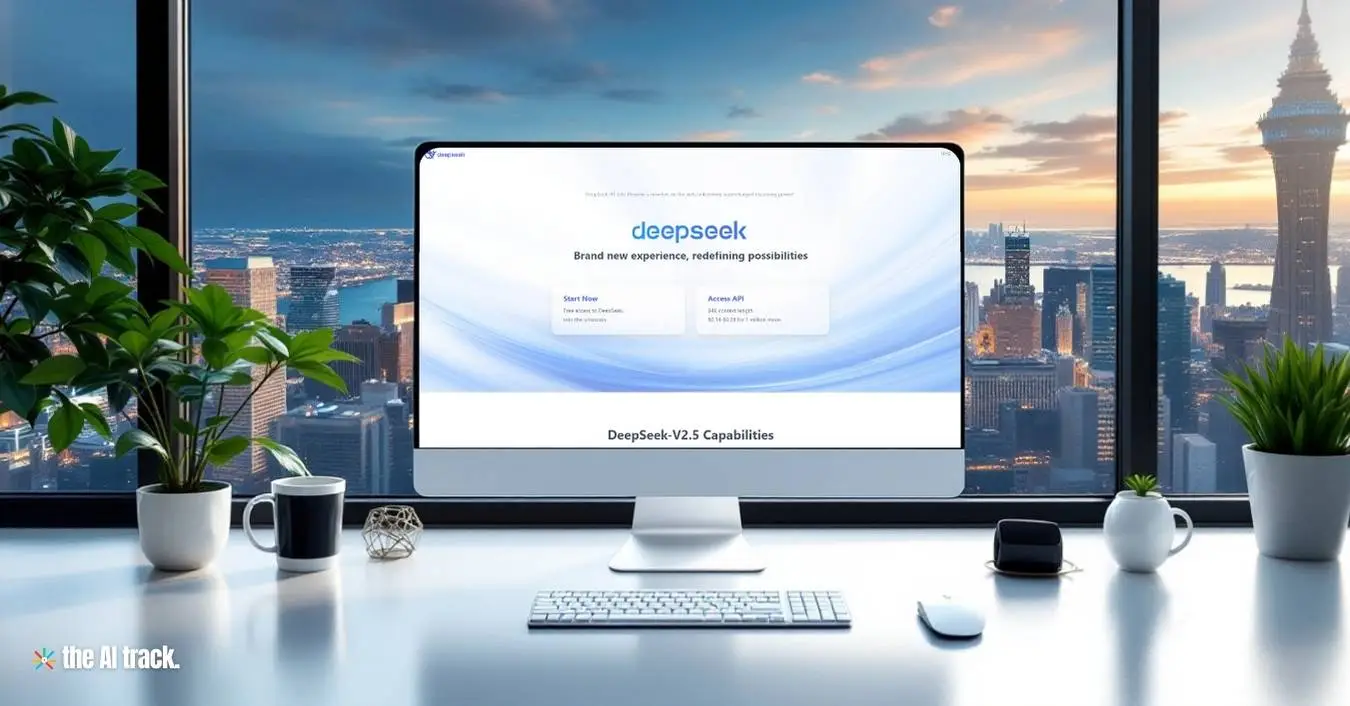
(Analysis) DeepSeek, a once-shadowy Chinese AI lab, unleashed an open-source model that beat GPT-40, Anthropic’s Claude 3.5 Sonnet, and Meta’s Llama on several core tasks. Analysts gasped when DeepSeek revealed a modest $5.6 million investment and only two months of training. These feats contrasted with OpenAI’s vast budget and colossal private valuation.
Investors see trouble for other AI powerhouses too. xAI, Elon Musk’s emerging venture, carries high expectations fed by his star power. Yet DeepSeek’s low-cost success raises doubts for any AI startup that depends on big checks and exclusivity.
Musk’s xAI must show unique breakthroughs rather than rely on massive GPU clusters. When Chinese labs manage to train top-tier models on limited chips, that threatens the core assumption that scale always wins.
Anthropic, which built Claude 3.5, also rides an intense wave of funding. Its valuation hinges on the belief that intricate reasoning models and heavy capital will keep it ahead. DeepSeek’s R1 model, though, trounced OpenAI’s O1 on select benchmarks.


Berkeley researchers then created a reasoning model for a fraction of these costs, suggesting that resource efficiency matters more than big budgets. Tech investors wonder if valuations for companies like Anthropic can remain high if open-source solutions close gaps so quickly.
Meta presents a different case. It already showed a willingness to open-source its Llama family. That choice might insulate the company from some cost-driven shocks. Yet Meta’s advertising and social media arms still rely on consistent revenue.
China’s Lean DeepSeek A.I. Shake-Up Topples Billion-Dollar Assumptions
DeepSeek’s nimble approach could challenge Meta’s timeline for releasing future open-source updates. Developers might pivot toward Chinese innovations if they arrive first with less overhead. Meta must balance an open ecosystem with strategic control.
Meanwhile, OpenAI’s sky-high valuation looms large. Observers question whether those figures reflect real moats, or whether they rest on hype. Microsoft’s $13 billion infusion gave OpenAI ample runway, but deep-pocketed support cannot protect it from rapid commoditization.
Former Google CEO Eric Schmidt changed his tune on China’s AI standing, now admitting that labs like DeepSeek have narrowed or closed the gap. Many see that pivot as a sign of bigger battles ahead.
Chamath Palihapitiya labels model building a money trap. He notes that spending billions on data processing may not secure a future payoff if smaller teams match the results for a fraction of the cost. xAI, Anthropic, and Meta all court large valuations, but the open-source explosion challenges their assumptions.
Skeptics worry about possible censorship embedded in Chinese code, since local laws mandate loyalty to “core socialist values.” Others respond that open-source code fosters transparency and personal responsibility, allowing developers to spot or modify unwanted limits.
This tension expands as DeepSeek’s scrappy victory sends a message: necessity prompts new solutions that upend old hierarchies. American export controls did not cripple Chinese labs, but pushed them to invent more efficient training systems.
Investors now wonder if xAI or Anthropic should spend big on next-generation models, or if they should match DeepSeek’s approach to reduce overhead. Meta faces a separate challenge of holding developers who crave fast, flexible tools.
These choices will shape which companies remain on top. AI watchers note that raw capital no longer guarantees success, and the entire sector could shift from a handful of giants to a diverse field of agile contenders.
DeepSeek’s rise shatters illusions that speed and power belong only to a privileged few. The industry’s future may revolve around open-source collaboration and cost-efficiency. Companies staking their worth on exclusive large models must adapt or risk irrelevance.
This competition reflects a deeper principle that free markets, open ideas, and self-reliance drive true innovation. With each breakthrough, the gap between well-funded incumbents and unknown newcomers narrows. That reality challenges inflated valuations and promises more shake-ups ahead.
China’s Lean DeepSeek A.I. Shake-Up Topples Billion-Dollar Assumptions






